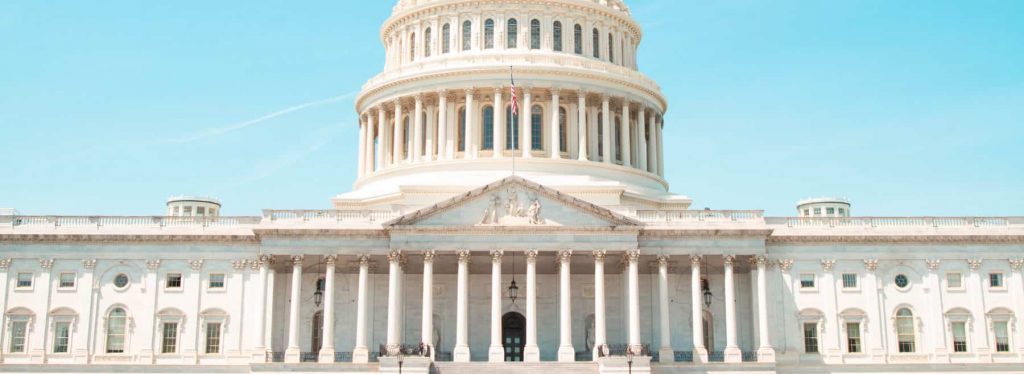To automatically meet required annual discrimination testing imposed on 401k plans, many plans have been amended to adopt the safe harbor plan rules under §§1.401(k)-3 and 1.401(m)-3 established by the Small Business Job Protection Act of 1996. The safe harbor regulations require the plan sponsor to make either a three percent nonelective contribution or a safe harbor matching contribution annually to participants to meet the required discrimination testing. Also as part of the regulations under the safe harbor rules, the IRS requires plan sponsors to issue annual notices to the participants. The SECURE Act recently removed the notice requirement effective for 2020 for plans that utilize the three percent nonelective contribution. Plans that use a safe harbor matching contribution in lieu of discrimination testing must still issue the required annual notice.
The regulations and subsequent notices issued by the IRS provide limits on mid-year changes that can be made to a safe harbor 401k plan. IRS Notice 2016-16 provided examples for mid-year changes that are considered permissible and impermissible.
Under very limited circumstances the plan sponsor may adopt a mid-year reduction or suspension of safe harbor contributions. The reduction or suspension cannot apply until the 30th day after all eligible employees are provided notice of the reduction or suspension. Also, the discrimination testing then applies for the Plan Year.
The IRS recently issued IRS Notice 2020-52 to provide the following relief:
- Confirms that a mid-year change that reduces only contributions made on behalf of Highly Compensated Employees (HCEs) is not a reduction or suspension of safe harbor contributions described in §§1.401(k)-3(g) and 1.401(m)-3(h). A mid-year change that reduces only contributions made on behalf of HCEs, however, would require the sponsor to issue a supplemental safe harbor notice to the HCEs.
- If a plan amendment that reduces or suspends safe harbor three percent nonelective contributions is adopted between March 13, 2020, and August 31, 2020, the plan will not be treated as failing to satisfy the requirements of the safe harbor regulations merely because a supplemental notice is not provided to eligible employees at least 30 days before the reduction or suspension. The supplemental notice, however, must be provided to the participants no later than August 31, 2020, and the amendment that reduces or suspends the safe harbor three percent nonelective contributions must be adopted no later than the effective date of the reduction or suspension. The notice does not provide relief with respect to the timing of supplemental notices for a mid-year reduction or suspension of safe harbor matching contributions.
Although the SECURE Act eliminated the required notice for three percent nonelective safe harbor plans, this new IRS Notice refers to the pre-SECURE Act provisions requiring notice when changes are made to safe harbor plans. Even if the sponsor did not issue a notice for 2020 as a result of the SECURE Act, one would be required for reducing or suspending a safe harbor contribution.


